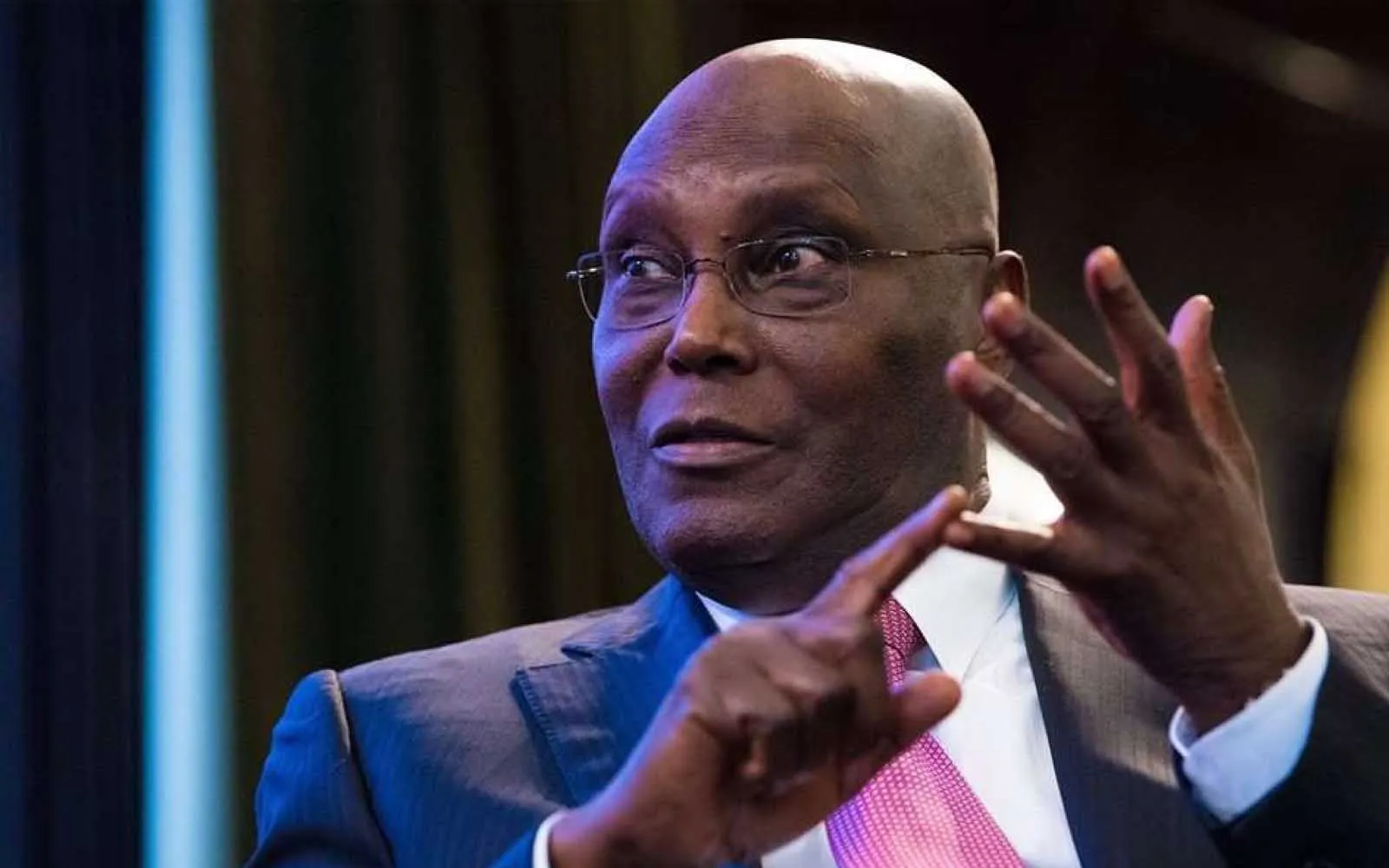Former Vice President Atiku Abubakar has launched a scathing critique of President Bola Tinubu, accusing him of compromising Nigeria’s future by integrating his personal business interests into key national enterprises. Atiku, who was the Peoples Democratic Party (PDP) presidential candidate in the 2023 election, claims that Tinubu’s actions mirror his previous integration of business interests in Lagos, extending it to the federal level in a way that may jeopardize Nigeria’s long-term prosperity.
In a statement released by his media office in Abuja, Atiku compared Tinubu’s alleged exploitation of Lagos’s public enterprises to his current federal activities. He pointed out that, just as Tinubu’s business interests were managed through proxies like Alpha Beta and Primero in Lagos, similar maneuvers are now unfolding at the national level.
Atiku expressed concern over recent developments with the Nigerian National Petroleum Corporation (NNPC), particularly its retail arm’s acquisition of OVH, a company partly owned by Oando, which is led by Wale Tinubu, a relative of the president. He lamented the lack of transparency surrounding the transaction, noting that the NNPC did not disclose the purchase price or acquisition terms, and rejected a Freedom of Information request from Premium Times.
“The way the NNPC is being handled is deeply troubling,” Atiku said. “The controversial acquisition of OVH, coupled with the opaque nature of the deal, suggests a pattern of corrupt practices and a dangerous consolidation of power.”
He further criticized the retention of Mele Kyari as NNPC Group Managing Director (GMD) despite allegations of incompetence and questioned the appointment of Pius Akinyelure, a former associate of Tinubu, as NNPC Chairman. Atiku also highlighted Tinubu’s dual role as Minister of Petroleum, suggesting that these positions of power are being used to entrench personal interests rather than serve the nation’s needs.
Atiku’s remarks come amid ongoing debates about the governance and management of Nigeria’s state-owned enterprises and their role in the country’s economic landscape. His accusations add to the growing scrutiny of President Tinubu’s administration, raising questions about transparency and accountability in the management of Nigeria’s resources.
The former Vice President’s statement underscores a broader concern about the influence of personal and corporate interests in the governance of Nigeria, reflecting a continuing tension between political leadership and public accountability. As the nation watches closely, the implications of these claims could shape the political discourse in the coming months.
4o mini
